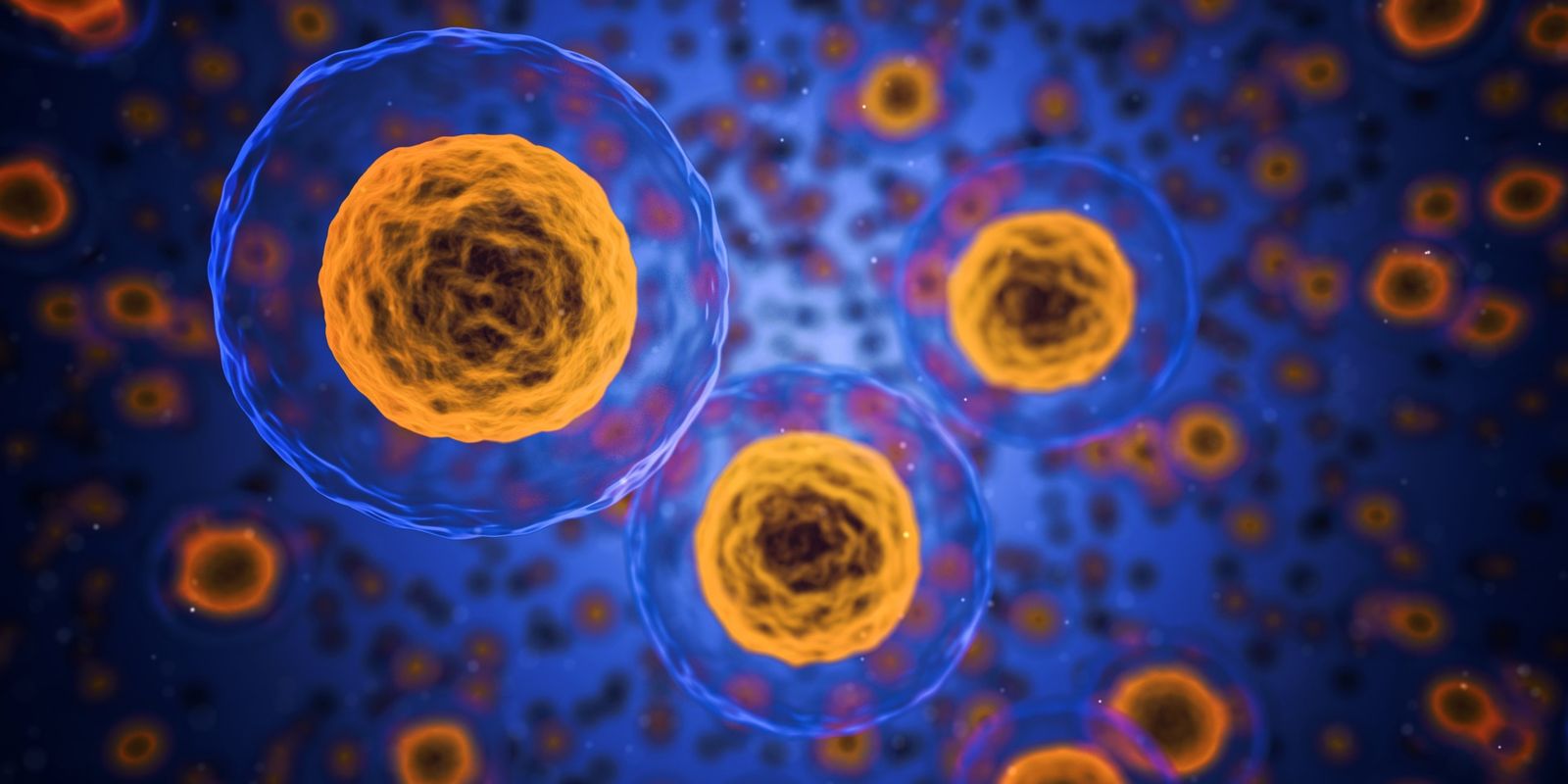Aggregated News

The gene-editing scandal that made headlines in late November, with researcher He Jiankui claiming to have created twin girls whose DNA he had altered at the embryo stage, heightened global awareness of a consequential and close-at-hand decision about how to use and regulate powerful new human biotechnologies. This controversy about whether altering the genes of future children and generations should be permissible had already re-emerged in 2015, after the gene editing tool CRISPR-Cas9 was first used to change the DNA of human embryos in the laboratory. Oddly, the current conversation often ignores a robust set of deliberations about “heritable genetic modification” that took place during the 1990s, as the mapping of the human genome got underway.
By the end of the 1990s, most bioethicists, governments and international organizations had agreed that it would be wrong to introduce inheritable alterations into the genome of human beings. This was regarded as a red line that should never be crossed, based on serious concern for the integrity of future generations. There was a concern about the risk of unintended consequences and potentially...



